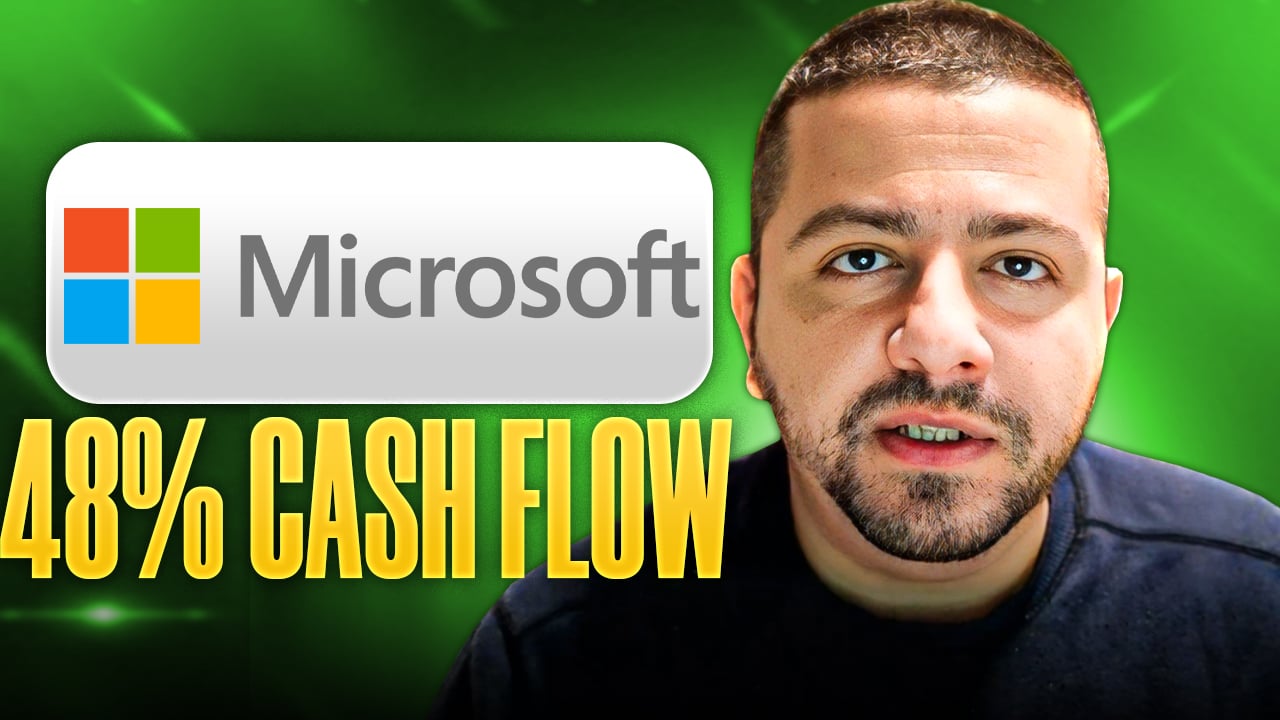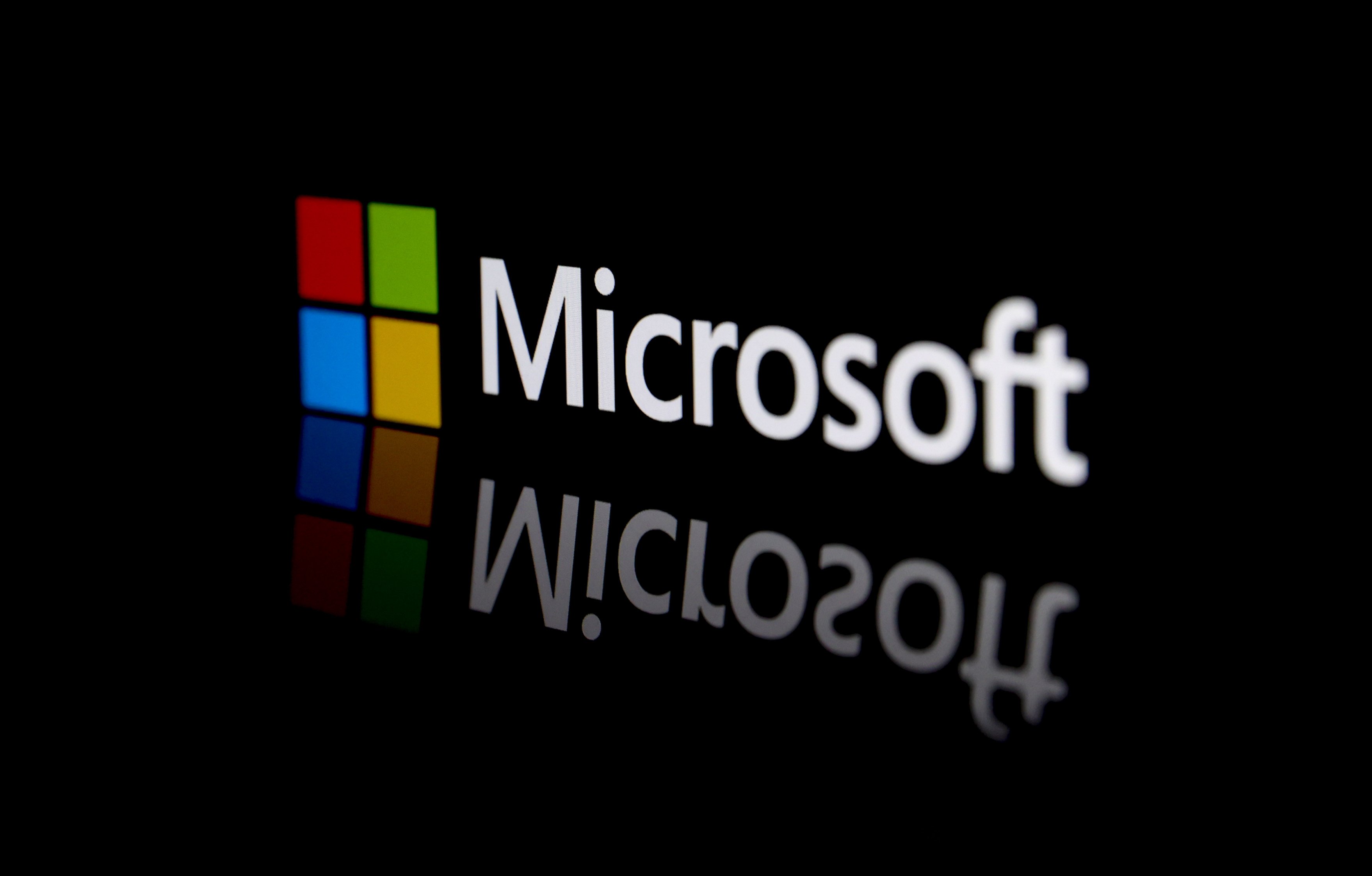Microsoft (MSFT 2.74%) recently unveiled Windows 10, the number-skipping upgrade that will eventually unite phones, tablets, laptops, and PCs under a single operating system. This newfound unity means that "universal apps," which will run on the Windows 10 kernel, will be compatible across all of these devices, including the Xbox One.
Microsoft introduced the universal apps model in April, enabling developers to reuse the bulk of their code when porting an app between phones, tablets, PCs, and the Xbox One. This kind of cross-platform compatibility is something that neither Google (GOOG +1.04%) (GOOGL +0.99%) nor Apple (AAPL +0.58%) is close to achieving -- Google only recently added a limited selection of Android apps to Chrome OS, while iOS apps can only run on OS X via unofficial third-party "simulators."

Source: Microsoft.
Universal apps are aimed at merging the Windows Store (for 8.1 and RT), which has roughly 173,000 apps, and the Windows Phone Store, which topped 300,000 apps in early August. By comparison, Google Play and Apple iTunes each host over 1.3 million apps. Microsoft now combines both stores under the Windows Store banner, but plenty of Windows Phone apps have not been ported to the Windows Store yet.
Looking ahead, that gap should narrow when Windows 10 officially launches next year. The Xbox One is scheduled for a major update at the same time, which will bring Windows 10 apps to the living room. Could this kind of cross-compatibility help the Xbox One, or will it fail to measure up to Sony's (SNE 1.74%) more cloud-based definition of cross-platform gaming?
Universal apps and exclusive games aren't the same thing
One of the most common criticisms about the Xbox One is its lack of exclusive games. Some of the biggest Xbox 360 franchises, including Halo and Gears of War, still haven't arrived on the console. Universal apps could help Microsoft address those complaints, just as Sony relies on a flood of indie titles to occupy gamers between triple-A releases.
Linking games on the Windows Phone to tablets, PCs, and the Xbox One could also lure back developers, who are frequently attracted to iOS and Android's larger user bases. Windows Phone only accounts for 2.5% of all smartphones worldwide, but the addition of Windows PCs, which account for over 90% of all computers worldwide, and the Xbox One, which has sold 5.7 million units, could convince many developers to reconsider.
While that concept sounds simple, it doesn't mean Xbox One owners should expect a flood of smartphone games to reach the console. In April, Steven Guggenheimer, corporate vice president of the developer platform and evangelism group, told Engadget that Microsoft must approve ported apps before they reach the Xbox One. That's a good idea, considering that touchscreen-based games like Candy Crush Saga probably won't scale up well from the phone to the console.
Microsoft vs. Sony: Two views of cross-platform gaming
Microsoft's ultimate goal is for gamers to buy a game once on any platform and play it anywhere.
But Microsoft isn't the only one experimenting with this idea -- Sony has already released over 30 cross-platform games that can be played across the PlayStation 3 and PS Vita. Some games feature different perspectives for the console and handheld devices, while others, like Helldivers (also on the PS4), look and play the same across all platforms.
But the drawback of developing a game for multiple platforms, as Sony learned with the failure of PS Mobile for Android, is that the game must be developed for the weakest compatible device. This means the graphics and sound of Microsoft's "universal games" will be ultimately limited by the specs of the weakest Windows 10 Phone. Therefore, universal games will probably look more like Halo: Spartan Assault than Halo 5: Guardians.

Halo: Spartan Assault, a cross-platform game for Windows Phone, PCs, and the Xbox One.
That's why Sony is moving into cloud gaming with PS Now. Sony believes that instead of launching universal apps based on the same kernel, it will stream games as interactive HD videos to multiple platforms, including the PS3, PS4, PS Vita, PS TV, and Bravia TVs. That approach relies on bandwidth rather than hardware, but could be impractical due to high bandwidth requirements, possible ISP throttling, and inconsistent rental rates.
Microsoft is developing a browser-based cloud gaming system of its own, but it's unclear if this early effort will eventually connect to Windows 10's universal apps, replace Games for Windows Live, or become a new stand-alone service.
The Foolish takeaway
Universal apps will attract more developers to the Windows 10 platform, but I doubt they will be the catalyst that helps the Xbox One catch up to the PS4, which has already sold 11.2 million units worldwide. However, it will help tether the Xbox One -- often considered a misfit in the Microsoft ecosystem -- closer to CEO Satya Nadella's vision of a "One Windows" future for the company.






